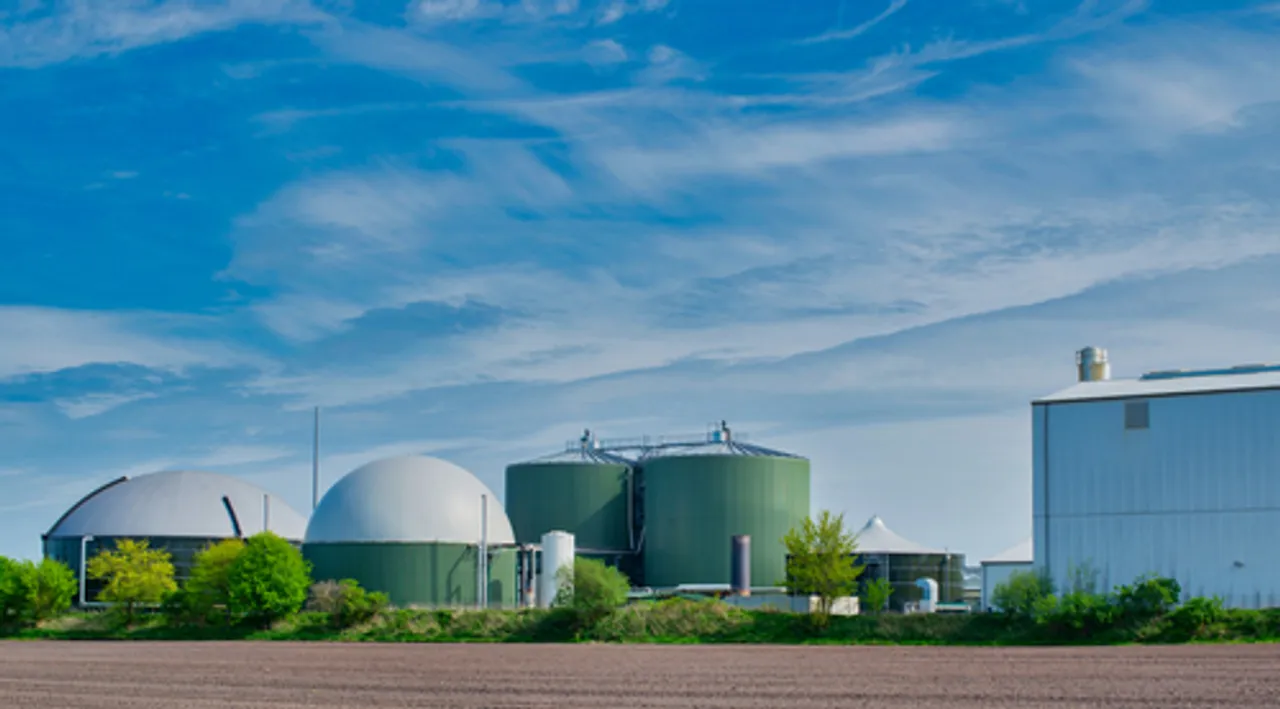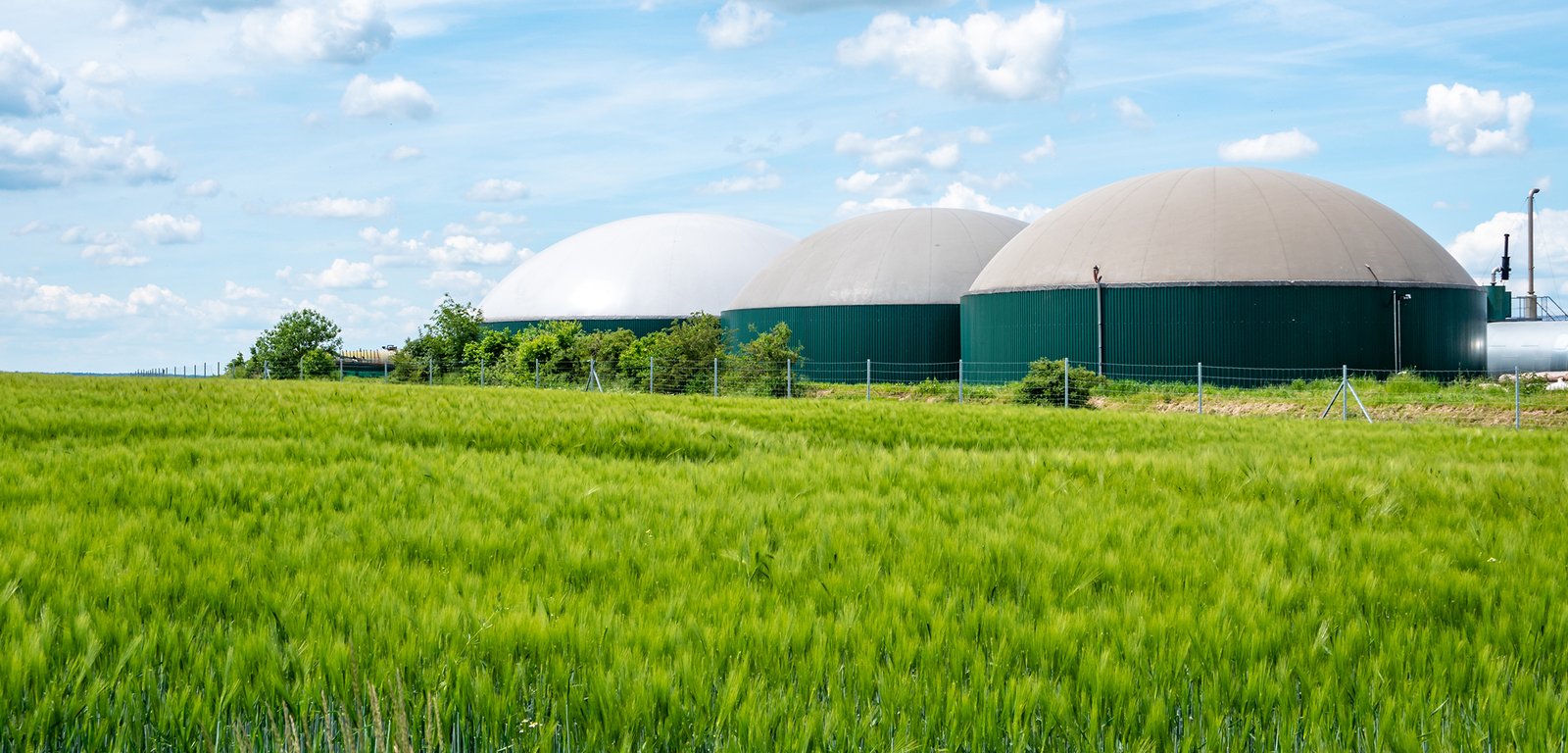Why Hotels Should Switch From Gas to Bioenergy
Hotels have long relied on traditional energy sources, like Natural Gas, to power their daily operations. From heating water to cooking food, gas has been a go-to energy source for many. However, with growing concerns over climate change and the increasing need for sustainable energy solutions, more businesses, including hotels, are turning toward renewable options. One such option that is gaining popularity is bioenergy.
Bioenergy is a form of renewable energy that is produced from organic materials like wood, crops, or even food waste. In the context of hotels, it offers a cleaner, more sustainable alternative to gas, which has both economic and environmental advantages. This article will explore why hotels should consider switching to bioenergy and how this transition can benefit both their operations and the planet.

The Dependence on Gas in Hotels
Hotels use a large amount of energy every day. From heating rooms and swimming pools to cooking meals in kitchens, natural gas has traditionally been the main energy source for many hotels. Gas is often seen as reliable and readily available, and many hotel owners are familiar with its usage. However, natural gas comes with several downsides that hotels should consider.
Drawbacks of Gas Usage
Environmental Impact:
Natural gas is a fossil fuel, which means burning it releases carbon dioxide (CO2) into the atmosphere. This leads to the warming of the planet and impacts the climate.. With the world striving to reduce carbon emissions, the use of natural gas is becoming less favorable.
Price Volatility:
The price of natural gas can fluctuate due to changes in supply and demand, political instability, or market conditions. This price volatility can make budgeting difficult for hotels, especially when trying to control energy costs.
Limited Supply:
Natural gas is a finite resource. As reserves diminish over time, the availability of gas will decrease, which could lead to even higher prices in the future. Relying on gas could become more challenging and less sustainable for hotels.
How Bioenergy Works in Hotels
Bioenergy can be produced through various processes. For example, Wood Pellets made from compressed sawdust can be burned in boilers to provide heating for rooms or water. Similarly, food waste from hotel kitchens can be converted into biogas through anaerobic digestion. This biogas can then be used as a fuel source for cooking or generating electricity.

Different Types of Bioenergy for Hotels
Biomass:
Biomass energy comes from burning organic materials such as wood chips, pellets, or agricultural waste. Biomass boilers can replace gas-powered boilers to provide heating and hot water for hotels.
Biogas:
Biogas is produced when bacteria break down organic materials like food waste or animal manure in the absence of oxygen. This process, called anaerobic digestion, produces methane gas, which can be used in place of natural gas for cooking or heating.
Biofuels:
Biofuels are liquid fuels made from organic materials, such as ethanol produced from crops like corn or sugarcane. Biofuels can be used to power vehicles or machinery that might otherwise rely on gasoline or diesel.
Benefits of Bioenergy for Hotels
There are numerous benefits to switching from gas to bioenergy in hotels. Here are some key advantages:
Environmental Benefits
The most significant Benefit of Bioenergy is its reduced environmental impact compared to natural gas. Bioenergy is considered a carbon-neutral energy source, meaning that the carbon dioxide released when burning biofuels is roughly equal to the CO2 that the plants absorbed while growing. This balance means bioenergy doesn’t contribute to the same level of greenhouse gas emissions as fossil fuels.
Lower Carbon Emissions:
By using bioenergy, hotels can significantly reduce their carbon footprint, helping to combat climate change and meet government regulations for reducing emissions.
Waste Reduction:
Bioenergy helps reduce waste by using organic materials that would otherwise be discarded, such as food scraps or agricultural waste, turning them into energy instead of letting them go to landfills.
Cost Savings
Bioenergy offers hotels the opportunity to save money on energy costs in the long run. While the initial investment in bioenergy systems, such as biomass boilers or biogas digesters, may be higher, these systems often pay for themselves over time through lower operating costs. Bioenergy is not subject to the same market volatility as fossil fuels, so hotels can enjoy more stable and predictable energy prices.
Stable Energy Costs:
Unlike gas prices, which can fluctuate based on global markets, bioenergy sources like wood pellets or biogas tend to be more stable and are often locally sourced.
Lower Operating Costs:
Bioenergy systems are often more efficient than traditional gas systems, meaning hotels may use less energy overall, leading to lower bills.
Energy Independence
By producing energy from local, renewable resources, hotels can reduce their reliance on imported fossil fuels. This not only strengthens energy security but also makes hotels more resilient to price spikes or supply disruptions in the global energy market.
Local Energy Production:
Many forms of bioenergy can be produced on-site or sourced locally, reducing the need for imported fuels and supporting local economies

Bioenergy Success Stories in the Hotel Industry
Several hotels around the world have successfully made the switch to bioenergy, showcasing the benefits of this renewable energy source.
The Savoy Hotel, London
The Savoy Hotel in London has made strides toward sustainability by incorporating bioenergy into its operations. The hotel uses a biomass boiler that burns wood pellets to heat the building and provide hot water. This switch has significantly reduced the hotel’s carbon emissions, aligning with its commitment to environmental responsibility.
The Gaia Napa Valley Hotel, USA
The Gaia Hotel in Napa Valley, California, runs on 100% renewable energy, including bioenergy. The hotel uses a combination of solar power and biogas to provide energy for heating, cooling, and electricity. This commitment to renewable energy has helped Gaia reduce its environmental impact while lowering energy costs.
The Whitepod Eco-Luxury Hotel, Switzerland
The Whitepod Eco-Luxury Hotel in Switzerland uses a combination of bioenergy and solar power to reduce its reliance on fossil fuels. Biomass boilers heat the hotel’s rooms and facilities, providing guests with a comfortable stay that is also eco-friendly. The hotel’s focus on sustainability has made it a leader in green hospitality.
Challenges of Bioenergy in Hotels
While bioenergy offers many advantages, there are challenges to its adoption in the hotel industry. The initial cost of installing bioenergy systems can be high, and some hotels may be hesitant to make the switch without clear financial incentives. Additionally, bioenergy systems may require more space than traditional gas systems, which could be a concern for hotels with limited space.
However, these challenges are often outweighed by the long-term benefits of switching to bioenergy, such as cost savings, environmental impact, and energy security. Governments and energy providers are also increasingly offering financial incentives and grants to businesses that invest in renewable energy, making the transition more accessible.

